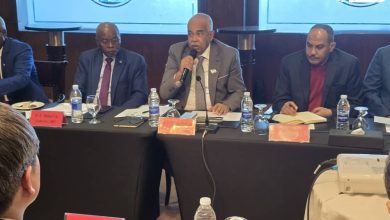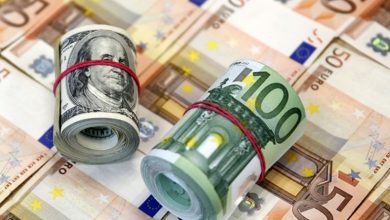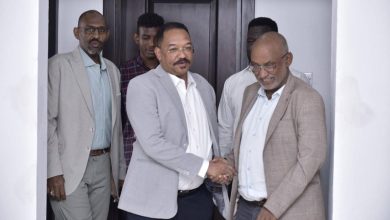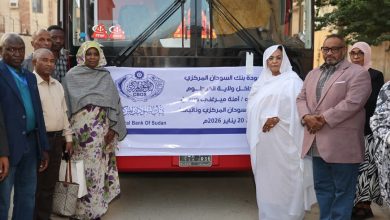Economic
Economic Expert Reveals the Pros and Cons of Currency Change
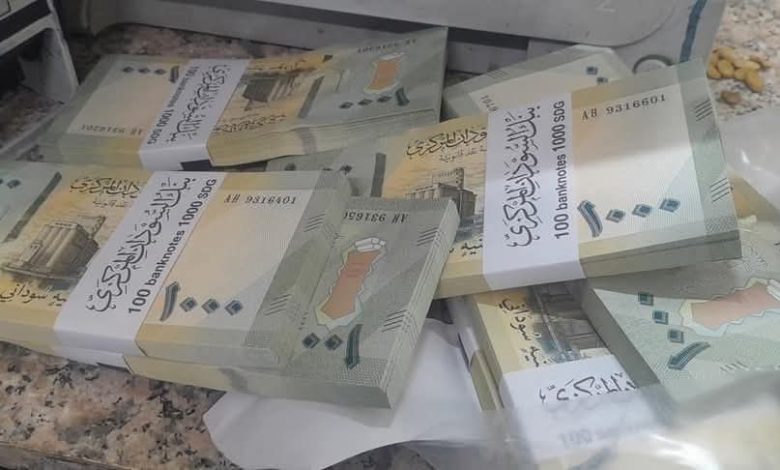
Sudan Events – Rahab Abdullah
Dr. Abdelazim Al-Mahl, the Dean of the Faculty of Economics at Sudan University of Science and Technology, confirmed that changing the currency would bring numerous benefits to the Sudanese economy. He noted that it would significantly control the money supply in Sudan’s economy following the looting of central banks, commercial banks, government and private institutions, and citizens’ homes in areas occupied by the rebel militias. This change would also help bring a substantial portion of the looted funds back into the banking system.
In an interview with Al-Ahdath, Al-Mahl emphasized the need to confiscate the money of any person unable to prove the legitimate source of their funds, as this would be considered money laundering. He added that this is a practice seen globally since the Basel regulations, including in the U.S. and the Gulf countries. He pointed out that in most countries, no one carries cash, except for Sudanese citizens, which makes them vulnerable to theft. He mentioned that “80% of currency in Sudan is outside the banking system,” and expressed hope that this would be a chance to stop these ill-gotten funds from being used to buy dollars, gold, cars, or other assets.
He also pointed out that currency exchange would empower the banking sector to implement its monetary policies, thus controlling monetary aspects. The banking sector would also be able to lend to small and large investors, directing the funds towards productive sectors such as industry and agriculture. Additionally, this move could allow the state to control the dollar price to some extent, due to the reduced cash in the hands of currency speculators. He further hoped this would be the beginning of reducing dependence on the dollar and transitioning to currencies like the Saudi Riyal, Chinese Yuan, and Russian Ruble, which make up more than 80% of Sudan’s foreign trade.
Al-Mahl predicted that this could lead to a drop in prices, particularly for goods and services without monopolies. He stressed that a comprehensive policy package is needed to achieve the goal, including government and public monitoring of markets and the cancellation of illegal fees imposed by various levels of government, alongside reducing taxes and customs duties on essential goods.
He believed that this move would help provide necessary funding for agriculture and industry, while also reducing both public and private sector corruption, particularly if it is followed by the full automation of government revenues and expenditures. Connecting private companies and shops to a system that records every transaction would ensure the government receives its share directly from value-added taxes and other customs duties and fees. Al-Mahl also emphasized that this could lead to a more equitable redistribution of wealth across different regions and suggested establishing six regions in Sudan with their own revenues. He proposed that the funds collected should be used to create six industrial cities and six agricultural projects to supply these factories with raw materials.
